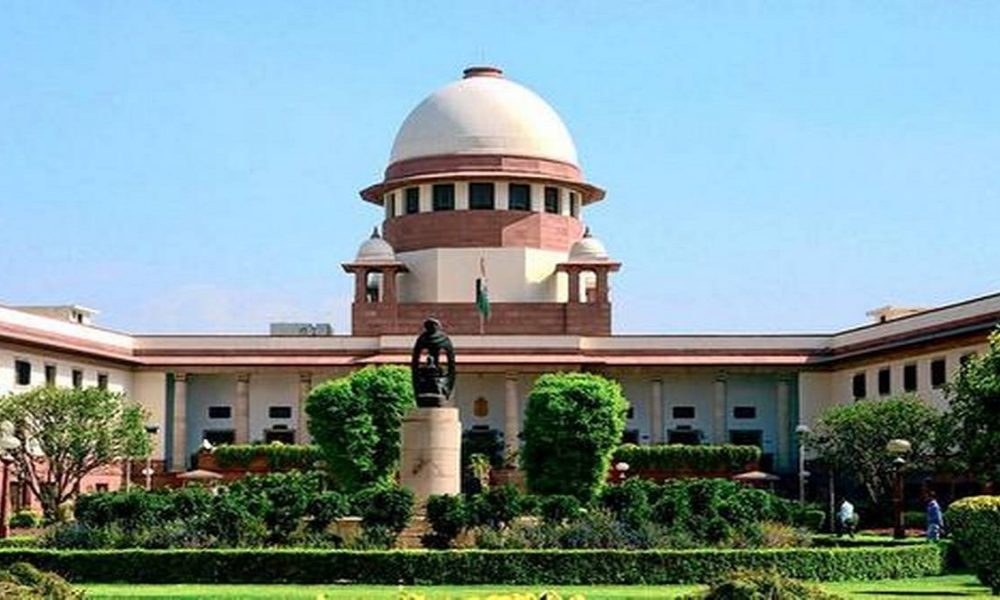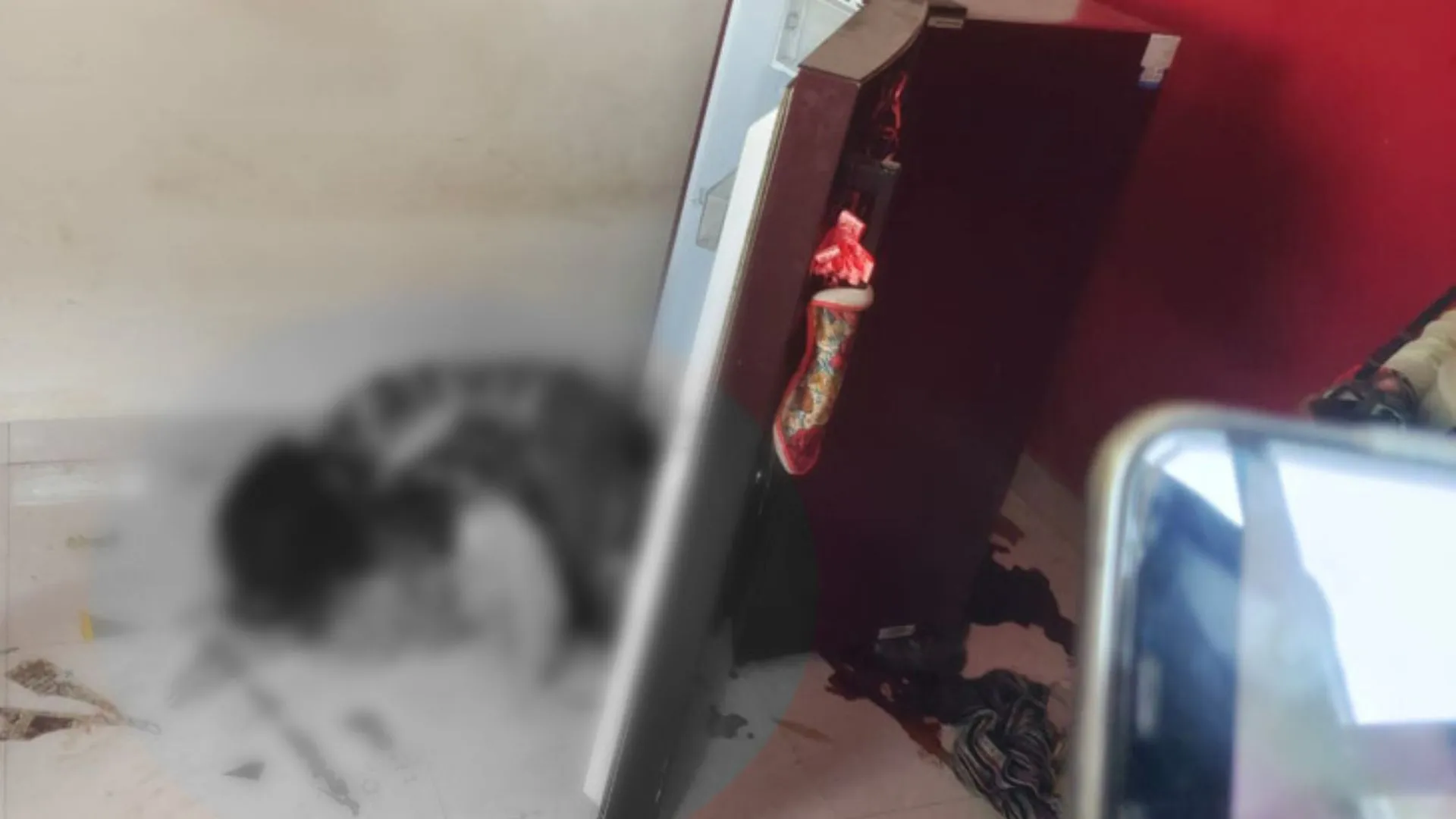The Supreme Court in the case Indian Overseas Bank vs RCM Infrastructure Ltd observed that once the CIRP is initiated and the moratorium is ordered, the proceedings under the SARFAESI Act cannot be continued.
the appellant Bank could not have continued the proceedings under the SARFAESI Act once the CIRP was initiated and the moratorium was ordered as Section 14(1)(c) of the IBC has an overriding effect interest created by the Corporate Debtor in respect of its property including any action under the SARFAESI Act is prohibited with respect to any other law, any action to foreclose, to recover or to enforce any security, the court observed in view of this provision.
It was further being observed and was stated clearly that once the CIRP is commenced, there is complete prohibition for any action created by the Corporate Debtor to foreclose, recover or enforce any security interest are prohibited with respect of its property. All the actions including any action under the SARFAESI Act to foreclose, to recover or to enforce any security interest are prohibited, after the CIRP initiate, the legislative point is clear at this, the bench observed while referring to Section 14 and Section 238 of the IBC.
The contentions made by bank: on 13th December 2018 and as such, and on 3rd January 2019 the admission of the petition by the learned NCLT would not affect the said sale as the sale in question was complete on its confirmation and further stated that it will not deprive the Bank from receiving the said money in pursuance to the sale which has already been completed, merely because a part of the payment was received subsequently after initiation of CIRP.
under Section 10 of the Insolvency and Bankruptcy Code, 2016, an application was filled by the Corporate Debtor before NCLT. On 03.01.2019, the NCLT admitted the petition and a moratorium was also notified the auction was continued by the bank the auction proceedings and accepted the balance 75% of the bid amount and completed the sale, even after that. The NCLT passed an order setting aside the sale, while allowing the application filled by the Corporate Debtor and the appeal filled by the Bank was dismissed by the Bank and thereafter the bank approached the Apex Court. As to recover the public money availed by the Corporate Debtor, an E-auction notice came to be issued by the Bank.
The bench comprising of Justice L. Nageswara Rao and the justice B R Gavai observed that in respect of its property including any action under the SARFAESI Act is prohibited in such a situation, any action to foreclose, to recover or to enforce any security interest created by the Corporate Debtor.
The contentions made by bank: on 13th December 2018 and as such, and on 3rd January 2019 the admission of the petition by the learned NCLT would not affect the said sale as the sale in question was complete on its confirmation and further stated that it will not deprive the Bank from receiving the said money in pursuance to the sale which has already been completed, merely because a part of the payment was received subsequently after initiation of CIRP.























